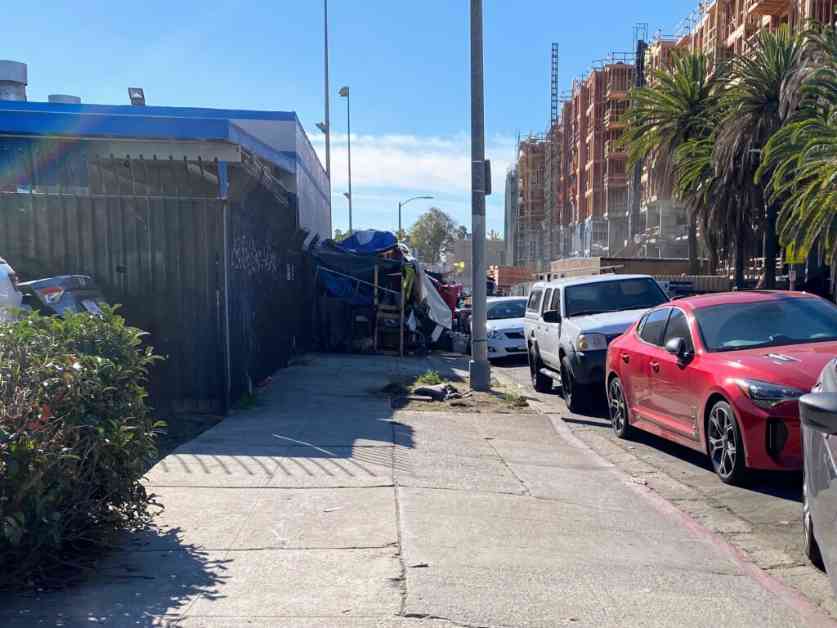Homelessness is a pressing issue that affects many families and children in Los Angeles County. It is crucial to recognize and act urgently to address the needs of these vulnerable populations. According to the McKinney-Vento Homeless Assistance Act, students who lack a fixed, regular, and adequate nighttime residence are considered homeless. This includes children living in various temporary arrangements like hotels, motels, shelters, or doubled up with other families.
In the 2022-23 school year, 47,689 students in Los Angeles County were identified as experiencing homelessness. These numbers do not even account for the youngest learners or families on the verge of housing instability. Young children in unstable housing situations are particularly vulnerable, with their development and well-being at stake due to housing insecurity.
In response to this crisis, Los Angeles County voters are considering Measure A, a citizens’ initiative that aims to address homelessness by replacing the existing ¼ cent homelessness sales tax with a new, ½ cent sales tax. This measure is expected to generate $1.1 billion annually to fund affordable housing, mental health services, and substance abuse programs.
Measure A is designed to prioritize accountability, results, and collaboration among various stakeholders, including housing experts, mental health professionals, labor leaders, and community advocates. It also establishes a new governance approach to ensure that resources are deployed effectively to address homelessness and the housing crisis.
By implementing Measure A, we can create stronger collaborations between school districts, housing agencies, and nonprofits to provide wraparound services for families in need. This initiative can help ensure that no student falls through the cracks and that families have access to transitional housing options connected to schools.
Stable housing is essential for students to succeed academically and emotionally. Without adequate housing, students face long-term consequences that impact our communities. By shifting funding toward preventive and family-focused solutions, we can make a lasting impact on the lives of children and break the cycle of poverty and homelessness.
It is crucial to prioritize the needs of homeless students and families, as their well-being and success are vital for the future of California. We must advocate for sustained funding, accountable spending, and a holistic approach to homelessness that includes preventive measures and support for families in need. By addressing the root causes of homelessness and providing essential services, we can create a more equitable and compassionate society for all.




















